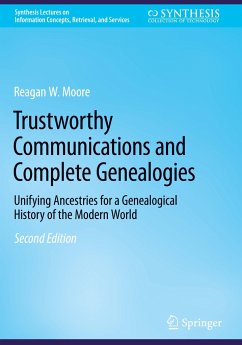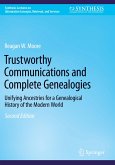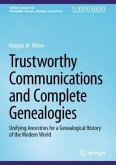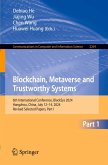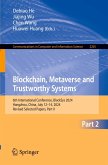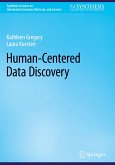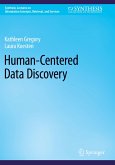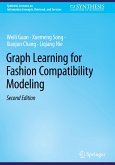This book discusses how a genealogical history of the modern world can be created by linking the Royal Families of Western Europeans database to Unifying Ancestry. This new edition extends the original analysis by including a coherence metric to evaluate the content of the Unifying Ancestry database, which is freely available online educational software within the CoreGen3 analysis workbench. The author discusses why common ancestors of the Royal Families of Western Europe comprise an optimal Unifying Ancestry experience and further illustrates this by using historically influential people as examples. Specifically, algorithms for validating the Unifying Ancestry are applied to a 330,000-person Research Genealogy and then used to link to historical royal descendants. Genealogical evaluation properties for consistency, correctness, closure, connectivity, completeness and coherence are demonstrated. These properties are applied to a Research Genealogy to generate a unifying ancestry for western Europeans. The unifying ancestry is then used to create a genealogical history of the modern world. All the analyses can be reproduced by readers using the Unifying Ancestry CoreGen3 program.
Bitte wählen Sie Ihr Anliegen aus.
Rechnungen
Retourenschein anfordern
Bestellstatus
Storno

